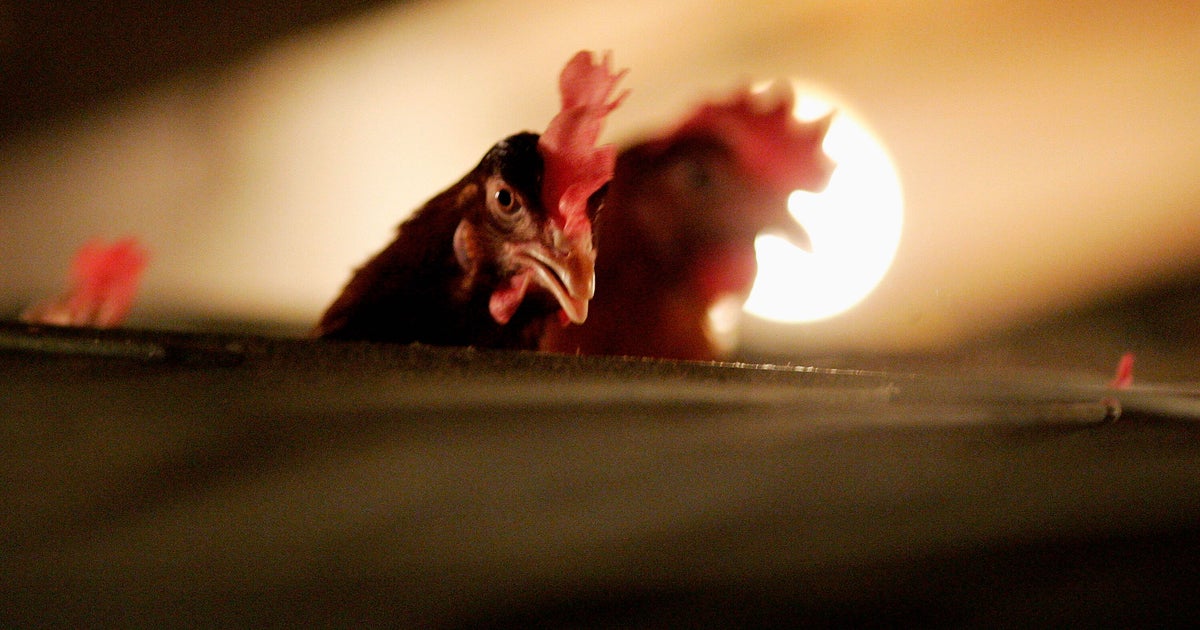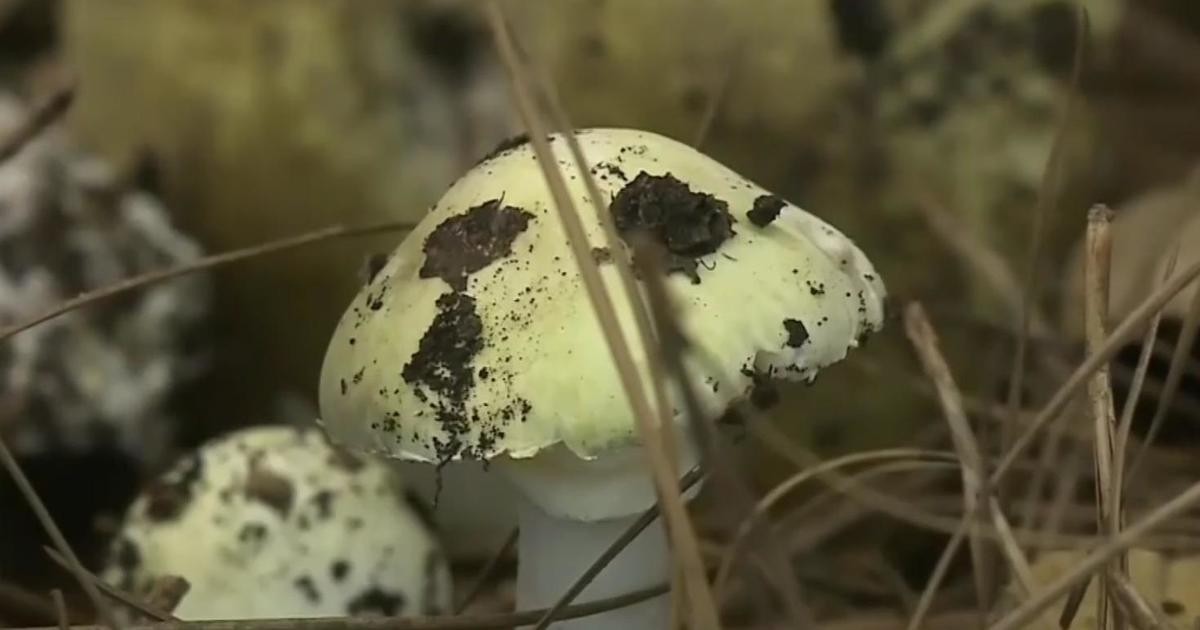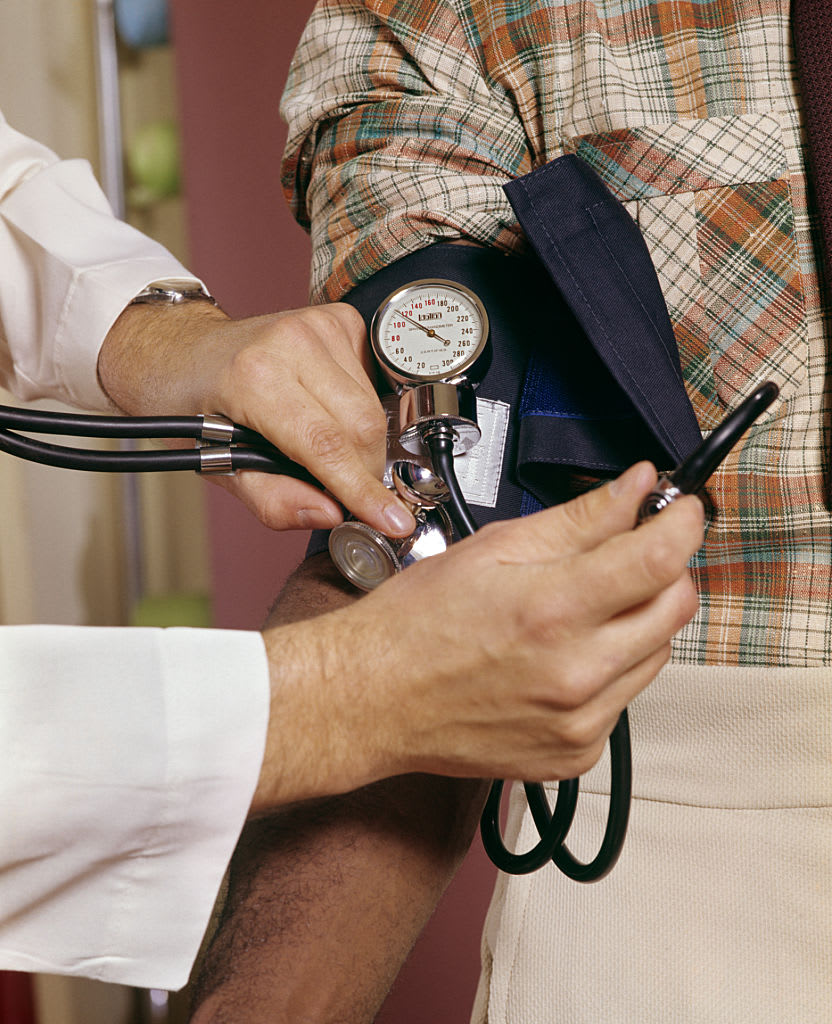25-year-old man first in U.S. to catch COVID-19 twice, researchers say
A 25-year-old man is believed to be the first person in the United States — and North America — to be infected with COVID-19 twice, according to researchers. The man, a resident of Washoe County in Nevada, first tested positive for the virus in April and then again in June, researchers said in The Lancet Infectious Diseases, a medical journal.
The team, led by researchers from the University of Nevada and Nevada State Public Health Laboratory, said the man showed symptoms each time he tested positive.
The patient, who had no history of significant underlying conditions, first tested positive at a community testing event on April 18, when he had symptoms such as sore throat, cough, headache, nausea and diarrhea that began on March 25. He went into isolation and his symptoms were "resolved" by April 27. He then had two negative tests in May, the study said.
But on May 31 he went to an urgent care center with a fever, headache, dizziness, cough, nausea and diarrhea. Five days later, he went to a doctor with shortness of breath and was told to go to an emergency room. He tested positive on June 5.
"The second infection was symptomatically more severe than the first," and lasted about six weeks, the researchers said.
The two viral agents in the man's system were genetically distinct, genomic analysis showed. It is unclear if the man was ever immune to the virus or how long immunity would have lasted.
Because the degree of protective immunity in patients infected with COVID-19 is still unknown, the possibility of reinfection is still not well understood, the researchers wrote.
"These findings suggest that the patient was infected by SARS-CoV-2 on two separate occasions by a genetically distinct virus," the researchers said. "Thus, previous exposure to SARS-CoV-2 might not guarantee total immunity in all cases."
Dr. Ashish Jha, dean of the Brown University School of Public Health, said Tuesday there have been other cases of COVID-19 reinfection.
"We are seeing some number of reinfections – thankfully not very many, but some people are getting reinfected," he said on "CBS This Morning."
The Lancet study said people who have previously been diagnosed with COVID-19 should still take precautions so they do not get infected again. It also said the possibility of reinfection could also be relevant for vaccine development.
The study, which was funded by the Nevada IDEA Network of Biomedical Research and the National Institute of General Medical Sciences, noted that cases of reinfection have also been reported in Hong Kong, the Netherlands, Belgium and Ecuador.





